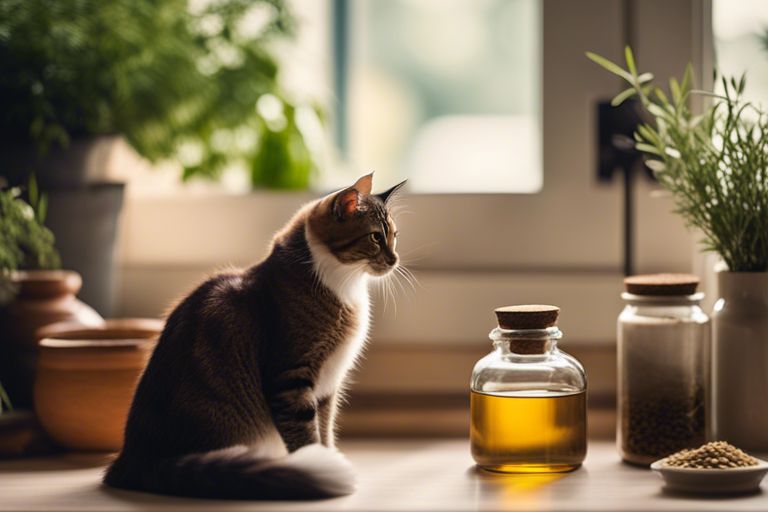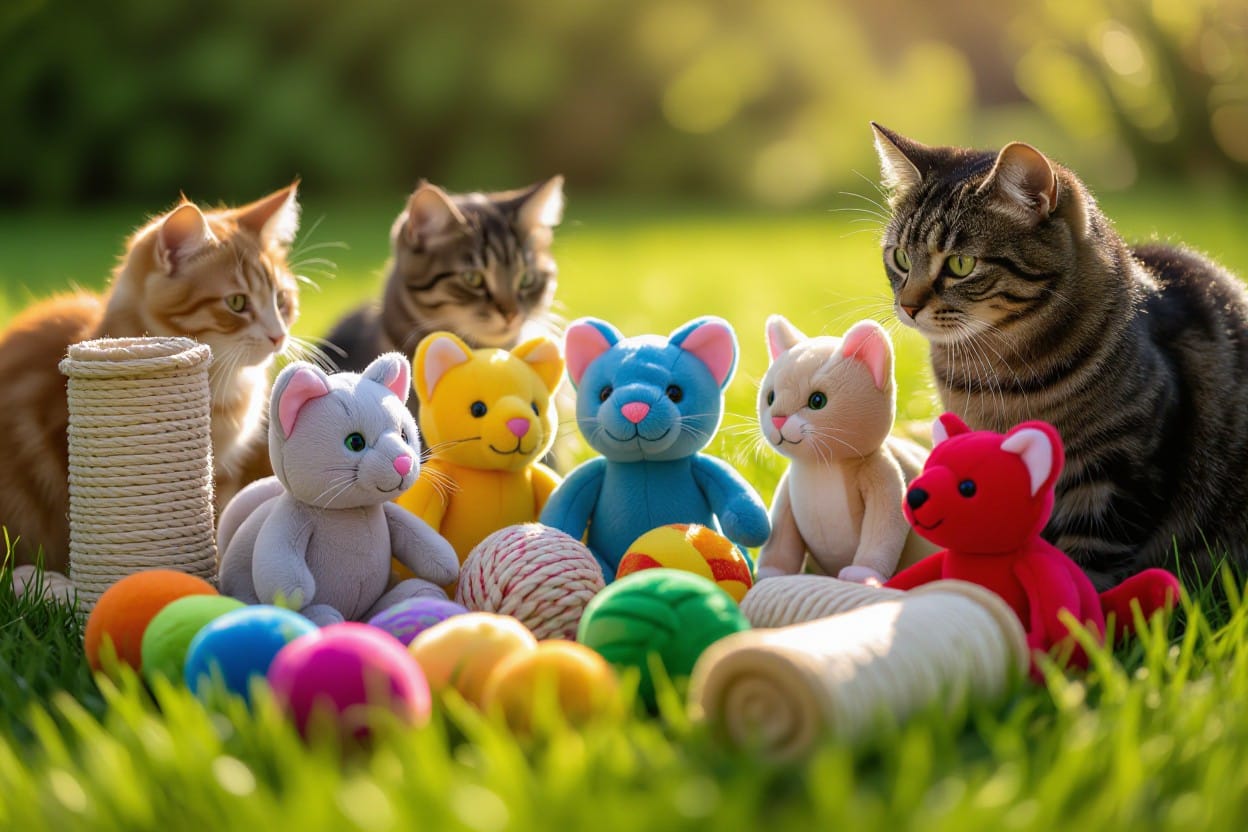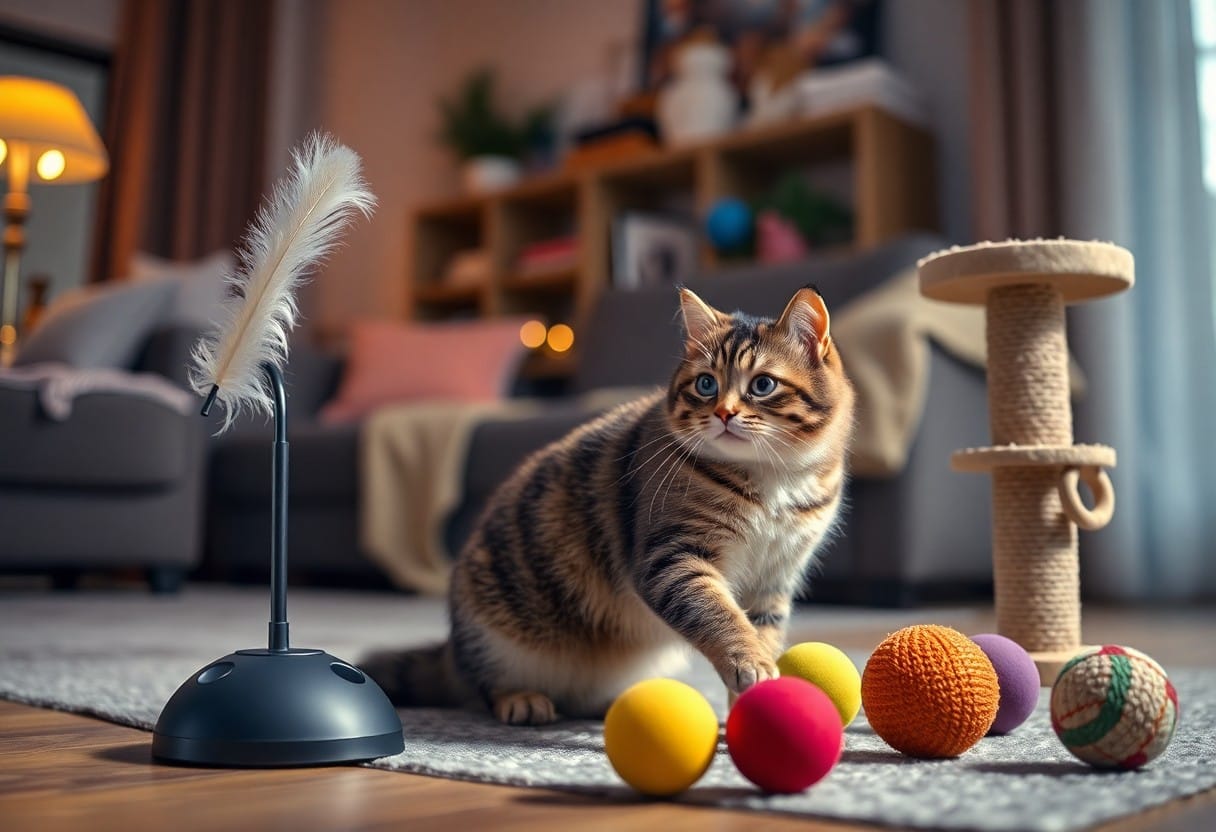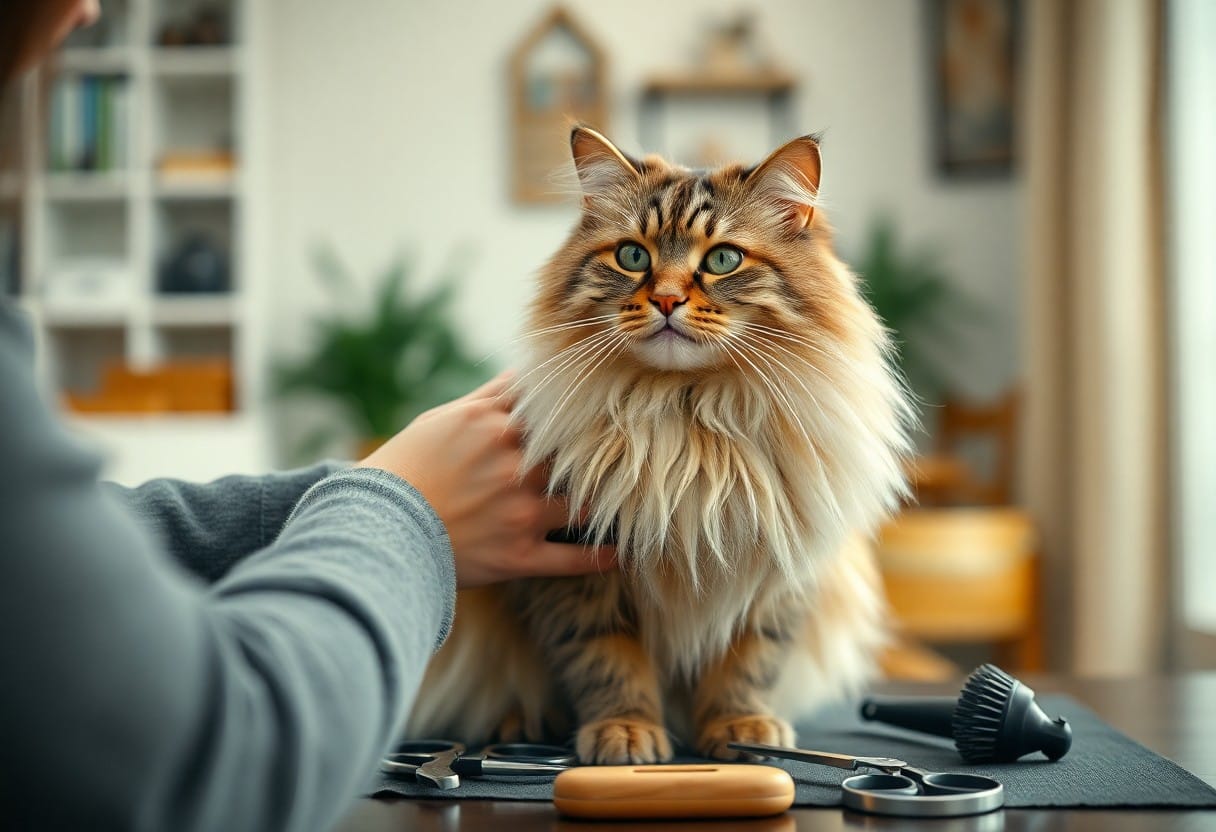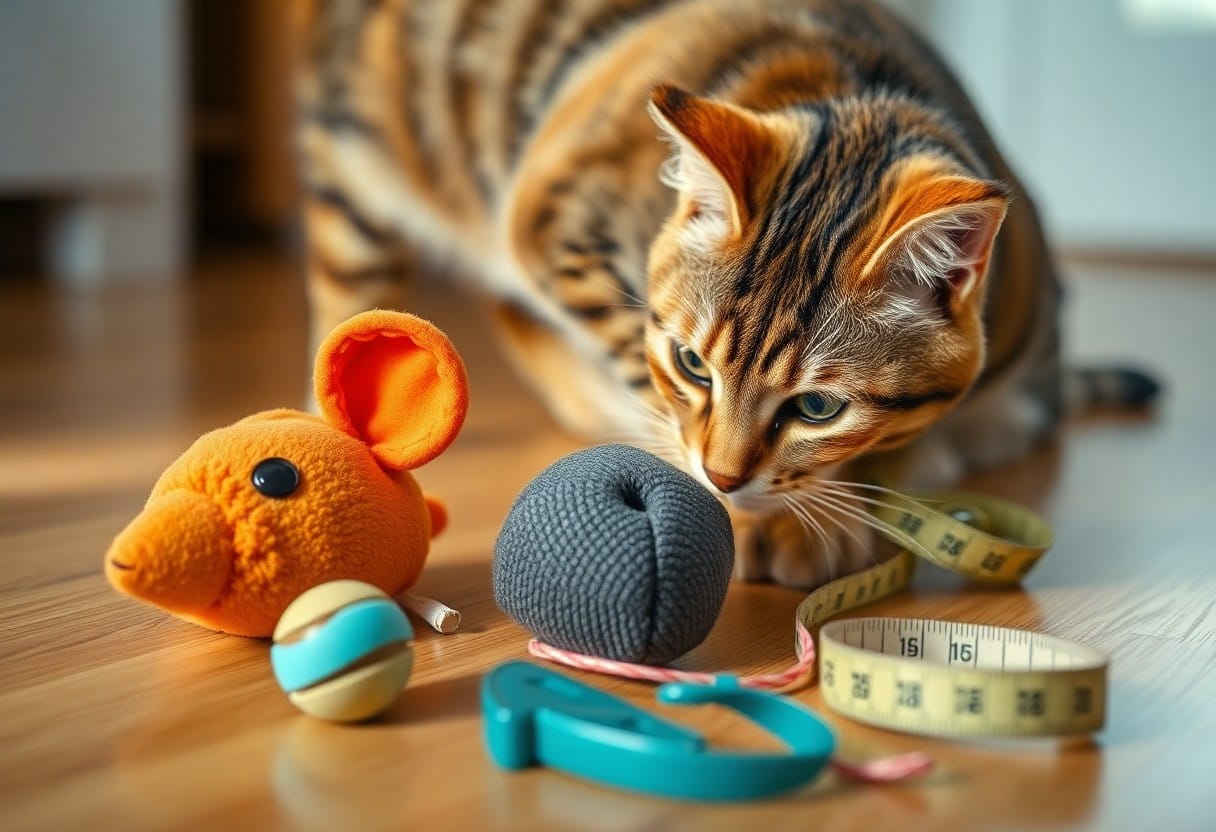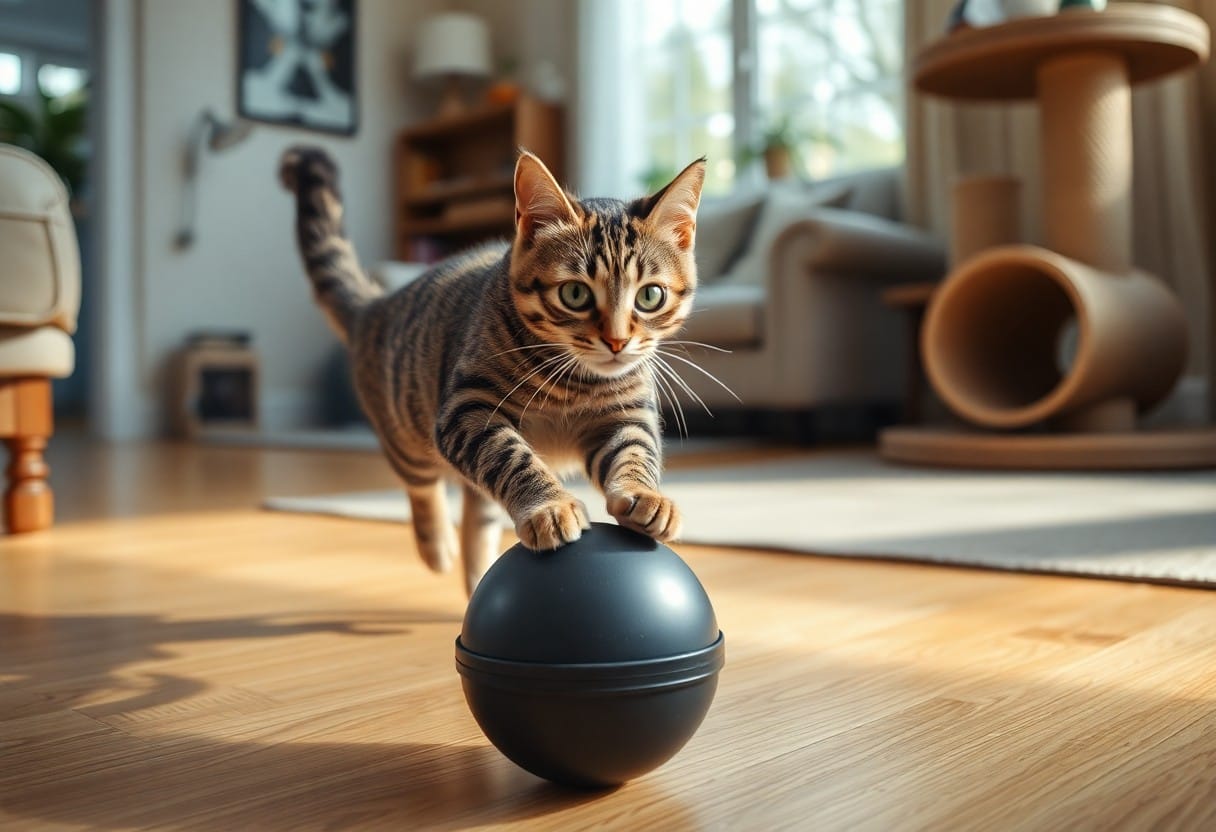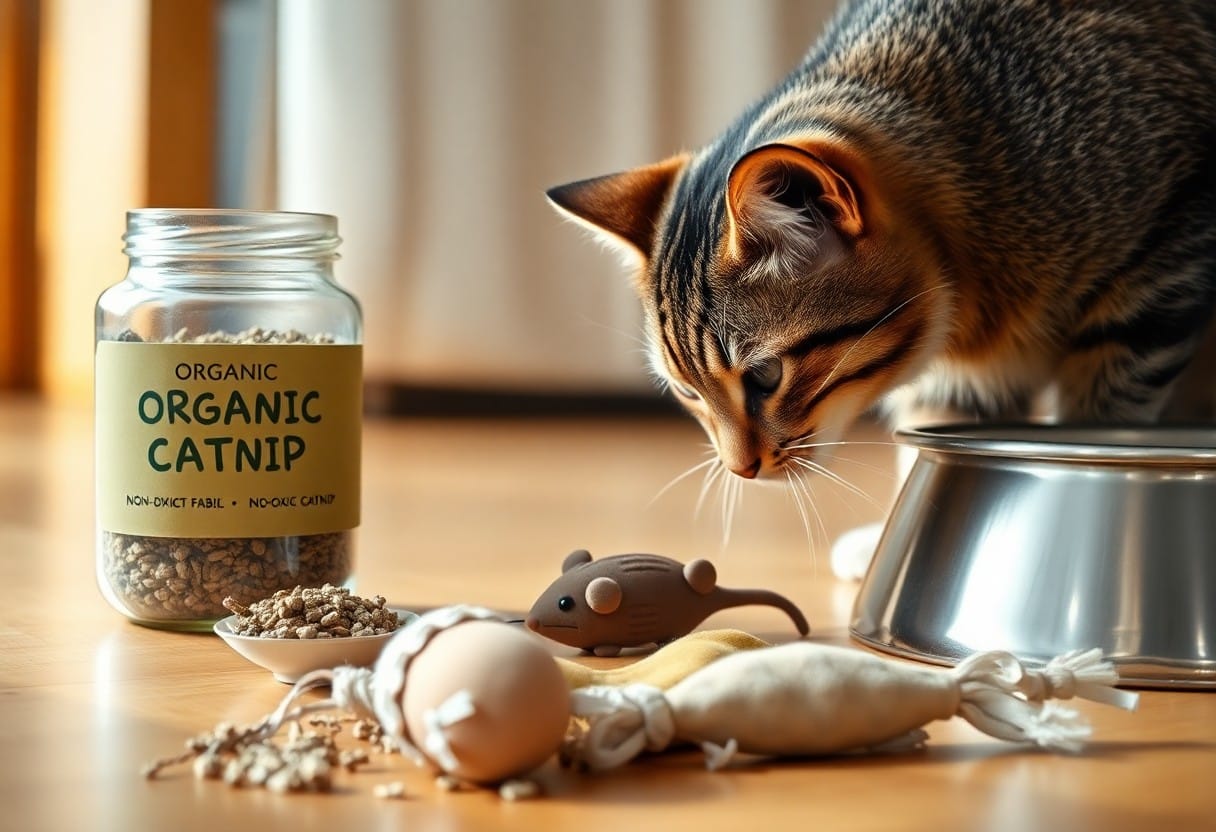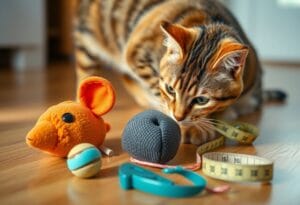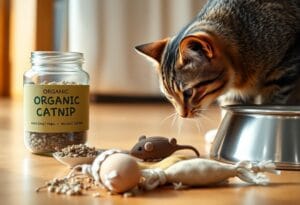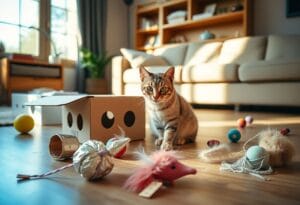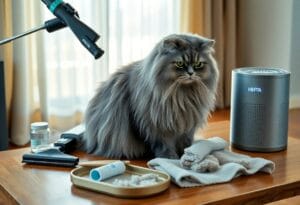It’s common for cats to develop hairballs, especially long-haired breeds or those that groom themselves frequently. These hairballs can be uncomfortable for your feline friend and worrisome for pet owners. While occasional hairballs are normal, frequent hairballs can indicate an underlying issue that needs to be addressed. Luckily, there are natural remedies you can try to help manage and prevent hairballs in your cat.
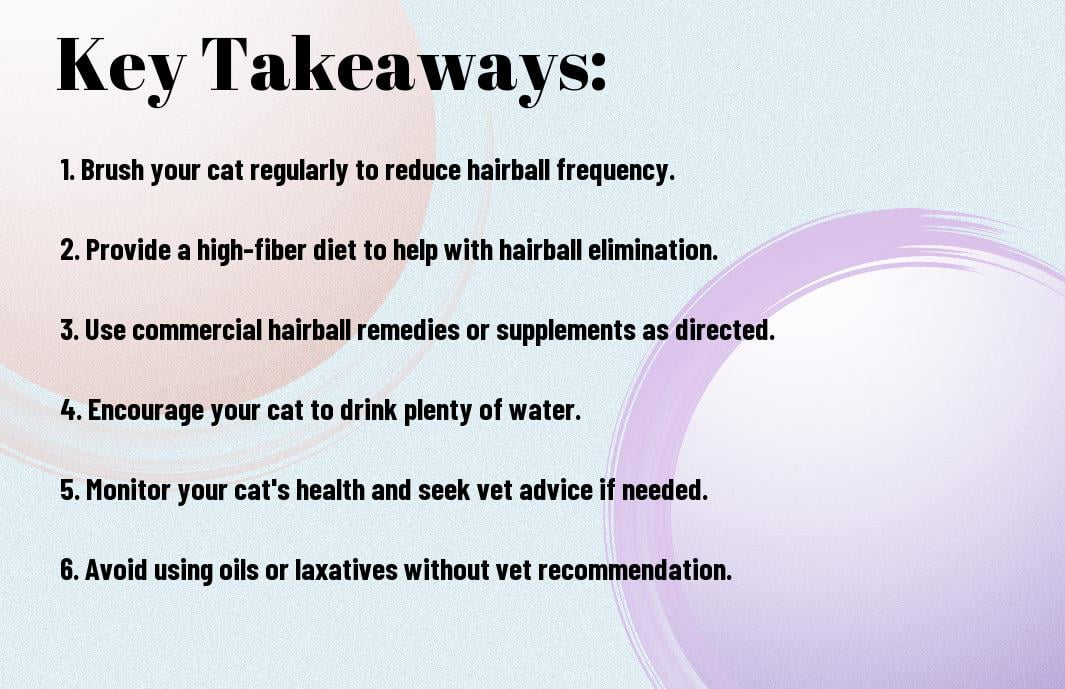
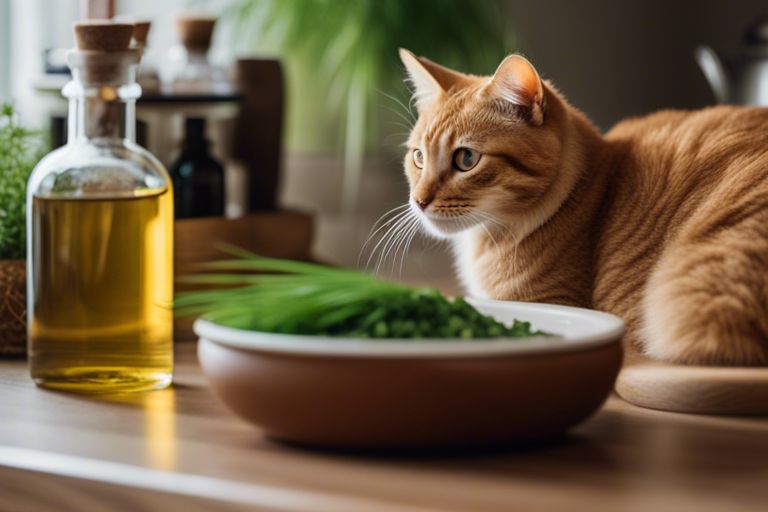
The Anatomy of a Hairball
What Are Hairballs?
On occasion, cat owners may discover an unsightly clump of fur lying on the floor, commonly known as a hairball. These hairballs are compact masses of hair that have been ingested by cats during their grooming routines. Cats are meticulous groomers and use their rough tongues to remove loose fur from their coat. However, not all of the removed fur passes through the digestive system smoothly, leading to the formation of hairballs.
How Hairballs Develop
Hairballs typically begin their formation in a cat’s stomach. When a cat grooms itself, it swallows loose fur that is on its coat. Most of this hair moves through the digestive tract and is excreted in the feces. However, some hair can remain in the stomach, forming a wet mass mixed with bile and other digestive fluids. Over time, this mass can accumulate more hair and form a hairball that is eventually regurgitated by the cat.
This regurgitation is the cat’s way of expelling the indigestible hairball from its system, preventing potential blockages in the digestive tract. While hairballs are a normal occurrence in cats, frequent or persistent vomiting of hairballs can be a cause for concern and may require a visit to the veterinarian for further evaluation.
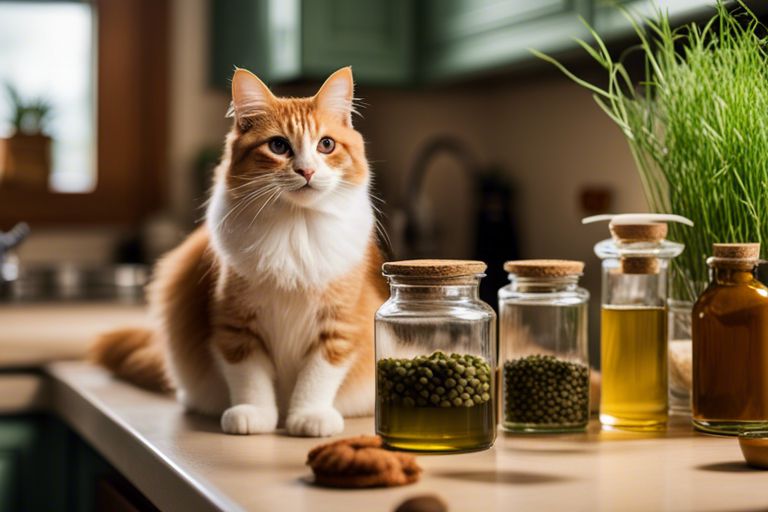
The Impact of Hairballs on Cat Health
Possible Complications
An untreated or chronic hairball issue can lead to various complications for your cat. Hairballs can cause a blockage in the digestive tract, which may result in loss of appetite, vomiting, lethargy, and weight loss. In severe cases, an intestinal blockage can be life-threatening and may require immediate veterinary attention. Cats with long hair or those that groom excessively are more prone to experiencing complications from hairballs.
Recognizing Symptoms of Hairball Problems
With hairball problems, there are certain symptoms that you can look out for in your cat. These may include frequent coughing or gagging, hacking sounds, lack of appetite, constipation, diarrhea, or visibly hacking up a hairball. If you notice any of these signs in your cat, it is important to address the issue promptly to prevent any potential complications.
This subsection will provide you with detailed information on how to identify if your cat is experiencing hairball issues and what steps you can take to manage the problem effectively.
Preventative Measures for Hairballs
Grooming Techniques
Preventative grooming is key to reducing hairballs in cats. Regular brushing helps to remove loose fur and prevent it from accumulating in your cat’s digestive system. For long-haired cats, daily brushing is recommended to keep their coat free of excess hair. Short-haired cats can benefit from a weekly brushing session to manage shedding and reduce hairballs.
Dietary Solutions
Brushing alone may not be enough to prevent hairballs in some cats. Dietary solutions can also play a crucial role in managing hairball formation. Incorporating specialized cat foods designed to reduce hairballs can help to encourage healthy digestion and minimize hairball symptoms.
- Provide your cat with a balanced diet that includes fiber to aid in digestion.
Environmental Factors
Environmental factors can also contribute to hairball formation in cats. Ensure your cat has access to plenty of fresh water to aid in digestion and help move hair through the digestive tract. Keeping your cat’s environment clean and reducing stress can also help to prevent excessive grooming, which can lead to more hairball incidents.
- Offer interactive toys and regular playtime to help reduce stress and prevent over-grooming.
Recognizing the signs of stress in your cat, such as excessive grooming or changes in behavior, can help you address potential hairball triggers before they become a problem.
Natural Remedies for Hairball Control
Your feline friend’s hairballs can be managed naturally with a variety of remedies that are gentle on their digestive system. Herbal solutions, oil-based remedies, and fiber supplements are effective options to consider.
Herbal Solutions
The use of herbs such as slippery elm and licorice root can help to lubricate your cat’s digestive tract, making it easier for hairballs to pass through their system. These herbal remedies can also help soothe any inflammation in the stomach and promote healthy digestion.
Oil-Based Remedies
Marshmallow root and coconut oil are excellent oil-based remedies for controlling hairballs in cats. Marshmallow root can help to ease inflammation and irritation in the gastrointestinal tract, while coconut oil provides a natural lubricant to aid in the passage of hairballs.
Bark from certain trees, such as slippery elm, can also be effective in managing hairballs in cats. Slippery elm bark contains mucilage, a gel-like substance that can help to coat and soothe the digestive tract, making it easier for hairballs to pass through the system.
Fiber Supplements
For cats prone to hairballs, adding fiber supplements such as psyllium husk or pumpkin to their diet can help move hairballs through the digestive tract more effectively. These supplements can also promote healthy bowel movements and reduce the likelihood of hairball formation.
It is important to consult with your veterinarian before introducing any new remedies or supplements to your cat’s routine to ensure they are safe and appropriate for your pet’s individual needs. With the right natural remedies, you can help manage your cat’s hairballs and promote their overall digestive health.
When to See a Veterinarian
Now that you have tried various natural remedies to manage your cat’s hairballs, it is important to know when it is time to seek professional help from a veterinarian. While hairballs are common in cats, they can sometimes lead to more serious issues that require medical attention. It is crucial to keep an eye out for warning signs that indicate a visit to the vet is necessary.
Warning Signs to Look Out For
For warning signs to look out for include frequent vomiting without producing a hairball, lack of appetite, lethargy, constipation, diarrhea, coughing, gagging, or retching that does not result in a hairball being expelled. If you notice any of these symptoms in your cat, it is important to consult with a veterinarian promptly.
Professional Treatment Options
Professional treatment options for managing hairballs in cats may include prescription diets, lubricant gels, digestive enzymes, or medications to help move hair through the digestive tract. In severe cases, a veterinarian may need to perform a physical exam or imaging tests to rule out any underlying health issues causing frequent hairballs.
Look to your veterinarian for guidance on the best course of action for your cat’s hairball problem. They can recommend the most suitable treatment options based on your cat’s specific needs and health conditions.
Myths and Misconceptions
Truth vs. Fiction
To address some common misconceptions about cat hairballs, it is important to differentiate between truth and fiction. An example of a myth is that hairballs are solely a sign of a healthy grooming behavior in cats. The truth is that while grooming is a natural behavior, excessive hairballs can sometimes indicate an underlying issue such as gastrointestinal problems or excessive shedding.
Dangerous “Natural” Remedies to Avoid
Truth be told, there are some dangerous “natural” remedies for managing cat hairballs that pet owners should steer clear from. It is a misconception that all natural remedies are safe for cats, as some can be harmful or even toxic. For instance, giving your cat butter or oil to help pass hairballs can actually lead to digestive issues such as diarrhea or pancreatitis.
It is crucial to be cautious when considering natural remedies for cat hairballs. Always consult with your veterinarian before trying any new treatment to ensure the safety and well-being of your feline companion.
Final Words
Considering all points, natural remedies for managing cat hairballs can be effective and beneficial for your feline companion. By incorporating daily grooming sessions, adding dietary supplements, and providing ample hydration, you can help prevent and reduce the occurrence of hairballs in your cat. It is important to consult with your veterinarian before introducing any new remedies to ensure they are safe and appropriate for your cat’s specific needs.
Do not forget, a holistic approach to managing hairballs is key to maintaining your cat’s overall health and well-being. By taking proactive steps and being diligent in your care routine, you can help keep your furry friend happy, healthy, and hairball-free.
FAQ
Q: What causes hairballs in cats?
A: Hairballs in cats are caused by ingested hair that accumulates in their stomach and forms into a clump. This hair is typically swallowed during the cat’s grooming routine.
Q: Are hairballs dangerous for cats?
A: While occasional hairballs are normal for cats, frequent or large hairballs can be dangerous. They can cause blockages in the digestive tract, leading to serious health issues.
Q: How can natural remedies help in managing cat hairballs?
A: Natural remedies like regular grooming, providing a high-fiber diet, and using hairball remedies or laxatives can help prevent and manage hairballs in cats.
Q: What dietary changes can help prevent cat hairballs?
A: Increasing the fiber content in your cat’s diet can aid in digestion and help move hair through the digestive tract, reducing the formation of hairballs.
Q: When should I be concerned about my cat’s hairballs?
A: If your cat is experiencing frequent vomiting, constipation, lack of appetite, or lethargy along with hairballs, it’s important to consult a veterinarian as these could be signs of a more serious issue.
